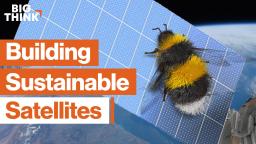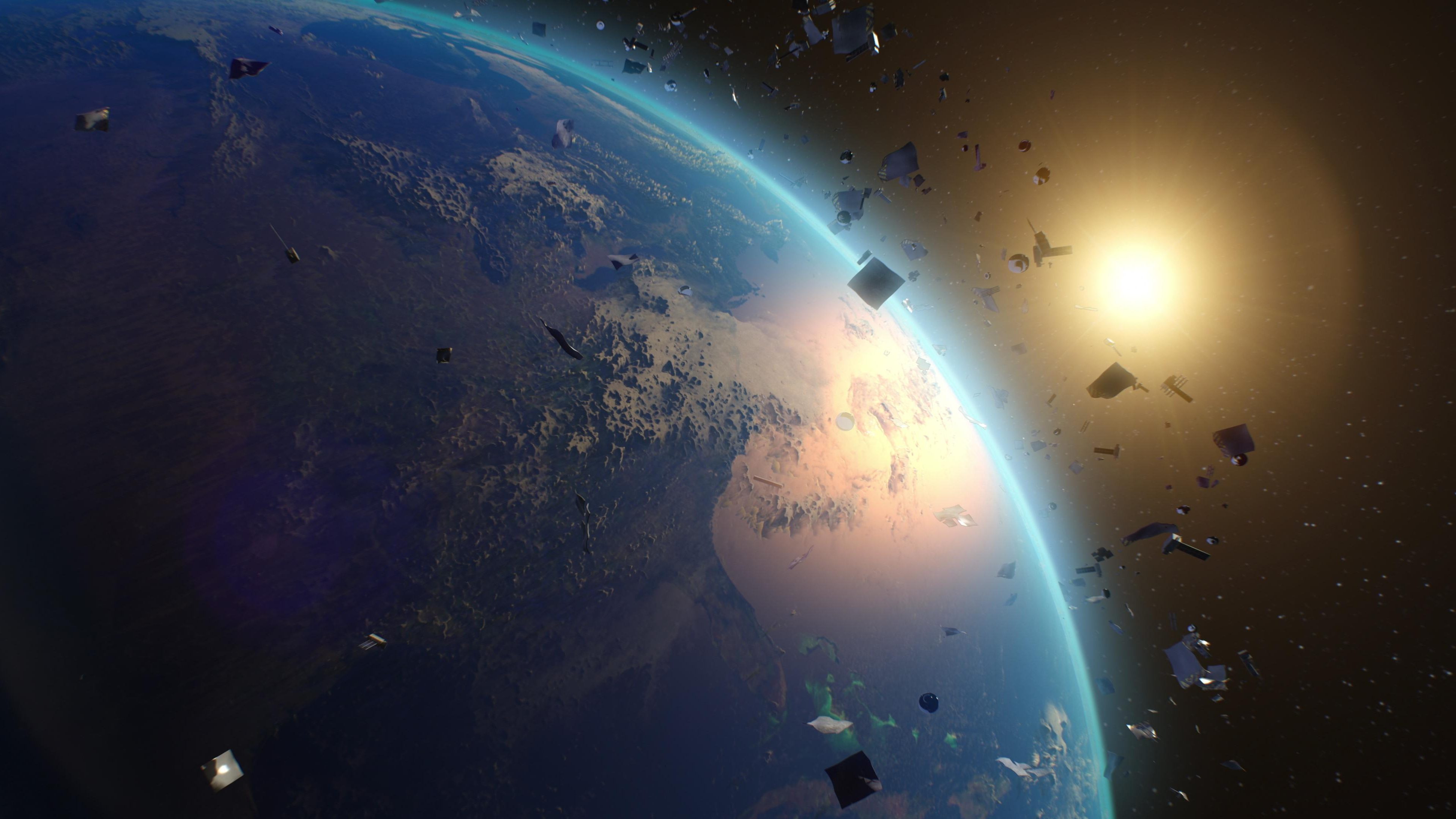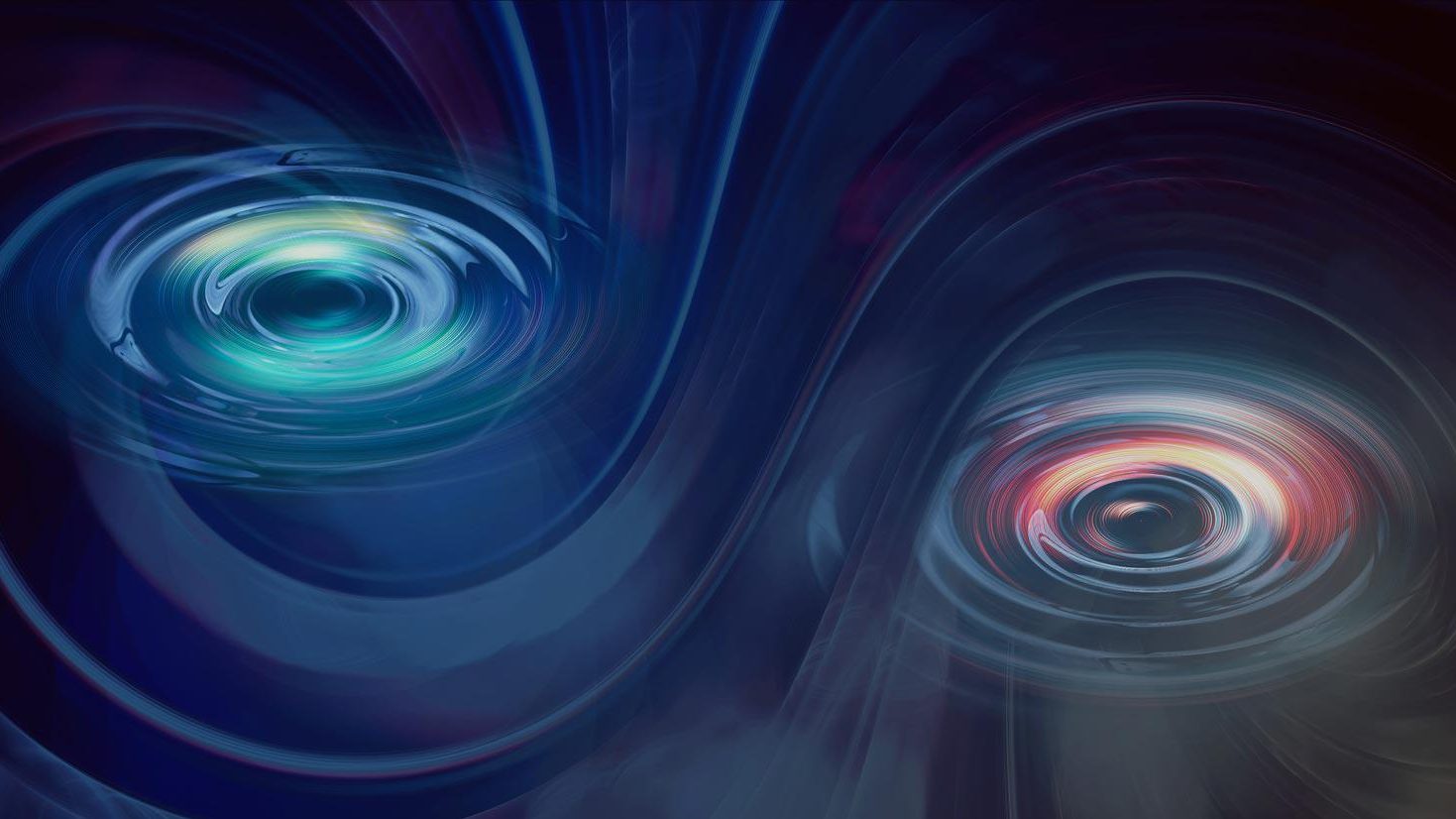Hard Science
All Stories
Determining if the universe is infinite pushes the limits of our knowledge.
A new AI-generated map of dark matter shows previously undiscovered filamentary structures connecting galaxies.
The eclipse season is starting with a bang.
A thought experiment from 1867 leads scientists to design a groundbreaking information engine.
It’s time to rethink how satellites and other objects are made and eventually destroyed.
▸
5 min
—
with
Since 1957, the world’s space agencies have been polluting the space above us with countless pieces of junk, threatening our technological infrastructure and ability to venture deeper into space.
New studies stretch the boundaries of physics, achieving quantum entanglement in larger systems.
A new paper reveals that the Voyager 1 spacecraft detected a constant hum coming from outside our Solar System.
Even with six months’ notice, we can’t stop an incoming asteroid.
Scientists have long puzzled over how Mars, a cold and dry planet, was once warm enough to support liquid water.
Philosopher and logician Kurt Gödel upended our understanding of mathematics and truth.
The research suggests that roughly 1 percent of galaxy clusters look atypical and can be easily misidentified.
A recent study of Iceland’s Krafla volcanic caldera suggests hidden magma pools may be lurking under many of the world’s volcanic systems.
Oxygen is thought to be a biomarker for extraterrestrial life, but there are at least three different ways that a lifeless planet can produce it.
Satellite imagery can help better predict volcanic eruptions by monitoring changes in surface temperature near volcanoes.
A study looks at how to use nuclear detonations to prevent asteroids from hitting Earth.
The uptick in Arctic lightning could cause more wildfires, potentially triggering a feedback loop that releases massive amounts of carbon into the atmosphere.
We’re cautiously optimistic about our new findings.
New studies find the interstellar comet 2I/Borisov is the most “pristine” ever discovered.
A new study provides a possible scientific explanation for the existence of stories about ancient saints performing miracles with water.
Researchers propose a new method that could definitively prove the existence of dark matter.
Can spacekime help us make headway on some of the most pernicious inconsistencies in physics?
Democritus also did not believe in free will but was still known as the “laughing philosopher.”
A new study makes a compelling case for the origin of unexplained masses of underground rock causing changes to the Earth’s magnetic field.
Results from an experiment using the Large Hadron Collider challenges the accepted model of physics.
Not only does this give us a look at the scaffolding of the universe, we found some new galaxies too!
Sound waves behave quite differently on Mars than on Earth.
The discovery could help astronauts find better ways to grow food in space.
Some scientists believe the lightning-produced frequencies may be connected to our brain waves, meditation, and hypnosis.
NASA astronomer Michelle Thaller is coming back to Big Think’s studio soon to answer YOUR questions! Here’s all you need to know to submit your science-related inquiries.





























